Brain Injuries
UTAH BRAIN INJURY CLAIMS
Gosdis Law is Utah’s top personal injury law firm, collecting millions and millions of dollars for accident victims in Salt Lake City and throughout Utah. If you have suffered a brain injury in Salt Lake, call or text Gosdis Law at 385-429-9960 for a free consultation.
Brain injuries are often catastrophic injuries. Recovery can be a long, difficult road and obtaining justice often makes it an even more frustrating process. To get through it, you need an experienced brain injury attorney on your side. Attorney Shane Gosdis focuses his practice exclusively on personal injury law with an emphasis on brain injury cases. He has helped clients throughout Utah maximize their recoveries related to brain injuries.
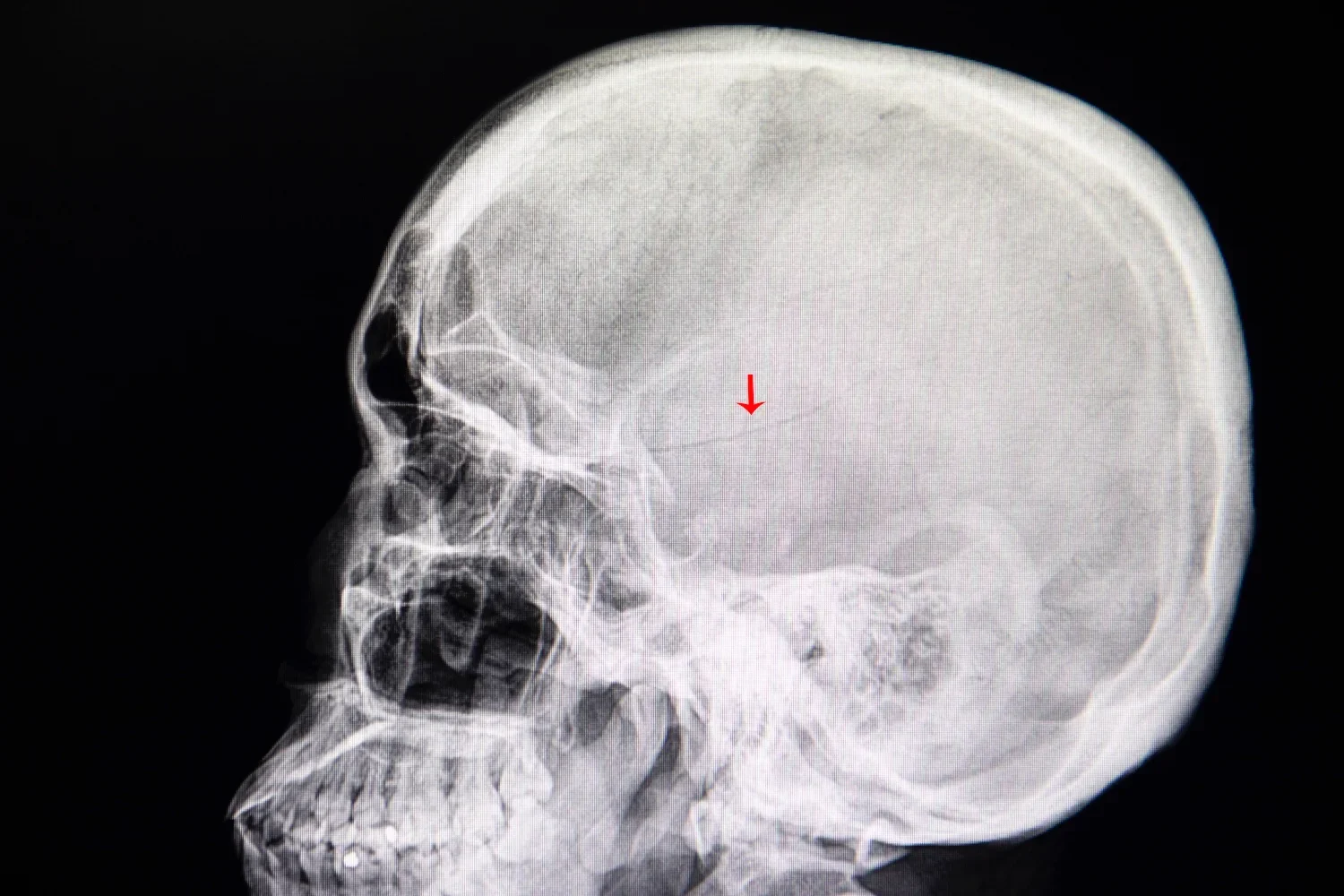
WHAT IS A BRAIN INJURY?
A brain injury is a sudden injury that causes damage to the brain. A sudden impact on the brain causes a brain injury. Brain injuries are complex injuries that are severe and long-lasting. Brain injuries are catastrophic. Accident victims that suffer brain injuries have their lives changed dramatically. Sometimes when a person suffers a brain injury, they are never physically the same as they were before their injury.
It is impossible to predict the consequences of an impact. No one can accurately predict how much damage will be done. After the dust settles, you can put your life back together as best you can. After sustaining a brain injury in an accident, you need the best team on your side to assist you in protecting your rights. For legal help after an accident that caused a brain injury, contact Gosdis Law.
EXAMPLES OF BRAIN INJURIES
The brain can be injured by any sudden, forceful blow to the head or even a sudden, forceful movement on the head and neck without impact. Some examples of the resulting brain injuries are:
Traumatic Brain Injury
A traumatic brain injury (TBI) can range from mild, moderate, or severe. TBI symptoms can present themselves in a variety of ways. Your life can change in a variety of ways depending on the severity of the injury. All of the types of brain injuries outlined below at TBI’s, including concussions, which are sometimes categorizes as mTBI’s.
Concussion
A blow to the head or forceful whiplash of the head can cause a concussion. Your brain rattles against your skull when you have a concussion. Every person that suffers from a concussion will be affected differently. A common effect of a concussion is a change in brain function. Not properly treating a concussion can cause long-term side effects like stutters and other speech impediments or lost memory.
Symptoms of a concussion include fatigue, ringing in the ears, nausea and vomiting, memory loss, falling, confusion, and headache. If you have been hit on the head, you should seek medical attention immediately. Check out our concussion checklist here.
Sports injuries often result in concussions. They can also happen in car crashes, workplace injuries, and slip and falls. Gosdis Law has advocated for clients who have experienced traumas because of the negligence of others. Contact Gosdis Law today if you believe you have been hurt in an accident and treated for a concussion.
Traumatic Brain Injury
A traumatic brain injury (TBI) can range from mild, moderate, or severe. TBI symptoms can present themselves in a variety of ways. Your life can change in a variety of ways depending on the severity of the injury.
Skull Fractures
There are four types of skull fractures: simple, linear, depressed, and compound. Skull fractures are caused by severe impact to the skull. Symptoms of skull fractures include headaches, pain where you were hit, bleeding or leaking clear fluid from your mouth, ears, or eyes, a stiff neck, loss of balance, or loss of vision.
Skull fractures can have latent effects. Some people may not experience issues from a skull fracture for years. Damage to the skull can cause dementia in elderly people. It is important that you speak to an attorney if you have been injured in an accident. You should talk to an attorney even if you are not currently experiencing signs of injury. You must preserve your rights after an accident. If you do not file a lawsuit before the statute of limitations runs, you will lose your right to recovery forever.
Gosdis Law has decades of experience helping clients who have suffered these types of skull fractures get the recovery they deserve. Call the number one Salt Lake City brain injury attorney for a free consultation about your brain injury case.
Contusion
A contusion is a bruise caused by blunt force trauma. You have a bruise directly on your brain when you have a brain contusion. Contusions can cause bleeding and swelling in the brain. The swelling is known as intracranial pressure. An increase in intracranial pressure can be life-threatening. If you hit your head, it is crucial that you see a doctor. Although contusions usually heal on their own with ice, pain medication, and rest, untreated brain contusions can end your life.
Any type of brain injury can cause negative long-term effects. Although visits to the doctor are expensive, seeing a medical professional can save your life.
Intracranial Hematoma
An intracranial hematoma is a pool of blood in the skull that can happen after a blow to the head. It is a life-threatening injury. Symptoms grow from bad to worse and may include gradually increasing headaches, slurred speech, lethargy, seizure, and unconsciousness. If you or a loved one has experienced head trauma, seek medical attention immediately. Once you are able, call Gosdis Law to begin the process of pursuing the compensation you will need to pay for the medical costs.
Brain injuries are common in personal injury cases. Unfortunately, brain injuries can substantially alter or even end your life. It is important that you get the compensation you deserve. It can seem like an impossible task to go against an insurance company when you get hurt. Gosdis Law has the experience and skill to fight the insurance company for the compensation you deserve for your brain injury.
WHAT SHOULD I DO IF I HAVE SUFFERED A BRAIN INJURY?
As soon as possible, you will need to collect evidence. The success of a car accident claim depends on the case built after the accident. Evidence can begin to degrade as quickly as the accident happens. Here’s what you should do after an accident to strengthen your case.
1. Check for Injuries and Call for Help
Call 911 if you are involved in an accident, whether a motor vehicle accident or an accident at work. Tell the 911 operator necessary details. Details such as the location of the accident and the types of injuries sustained are included.
2. Get Medical Treatment
Get medical treatment immediately. If you have been in an accident that left you stunned, dazed, or confused, get checked out by a doctor as soon as possible. Even seemingly minor symptoms following an accident can evidence a serious brain injury. After you have received emergency medical treatment, follow-up with your doctor for further treatment and follow his or her treatment recommendations to the letter to ensure maximum improvement.
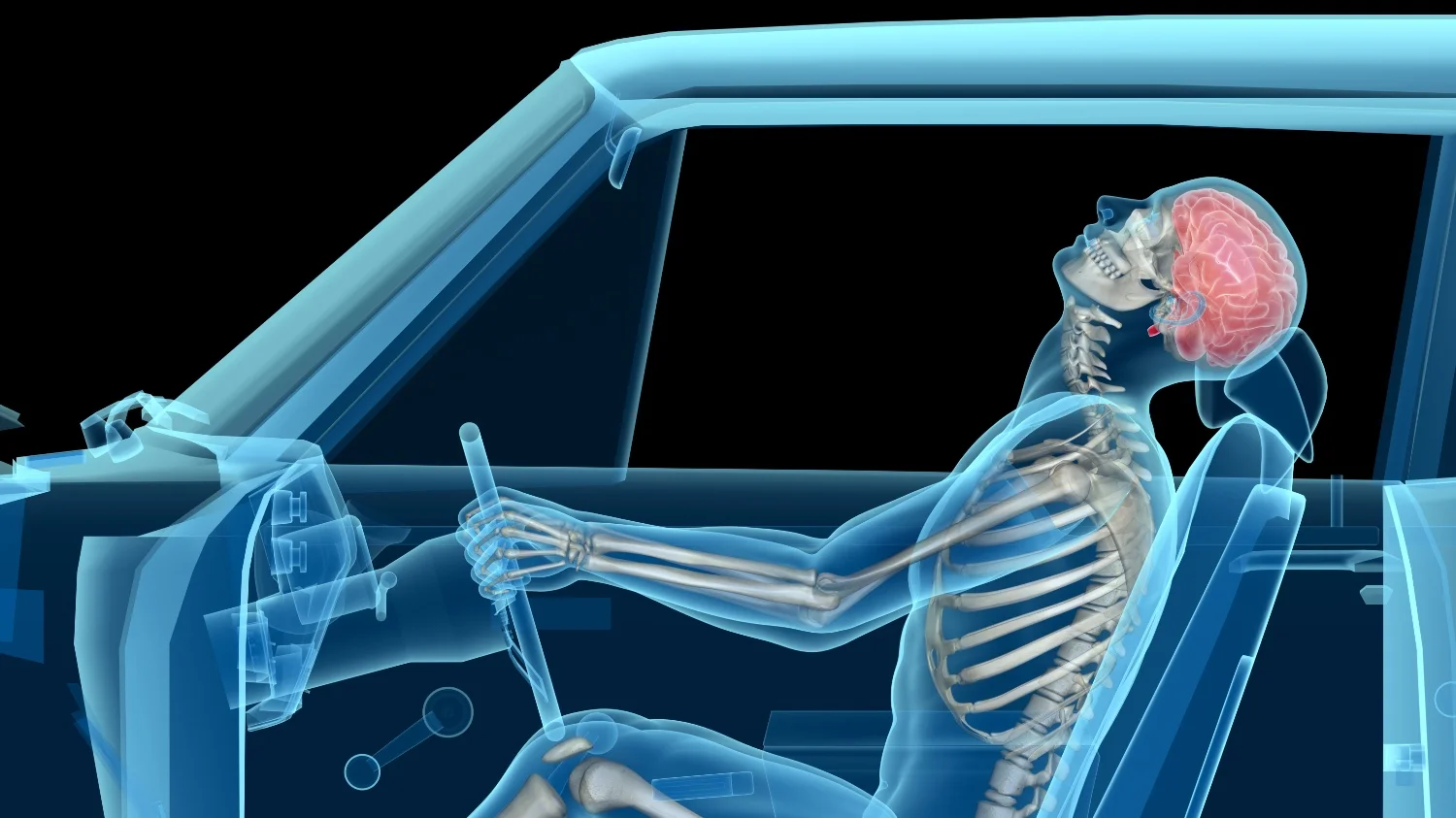
3. Start Gathering Evidence
You should get as much information as possible. It may be helpful to take notes or keep a journal of your experience. It is also important that you try your best to keep up with your doctor visits if you have a complete medical record of your injuries with help your case as it develops.
It might be helpful to take pictures or videos of the accident scene if you were involved in a car accident. Drawing the position and direction of the cars following the accident may be helpful. Photographing and filming the vehicles and crash site would help document how people acted and whether any admissions of guilt were made. Pictures are always better than memories in building and arguing your case. Photos and videos tell the insurance company and the jury your story during negotiations and the trial.
Find out who is riding with the driver. Find names, addresses, birth dates, phone numbers, and other contact information. The passengers of the other driver are not required to speak to you. If the passengers do not provide you with any information, take good notes about how many witnesses there were and what they said at the scene.
In Utah, drivers involved in any motor vehicle accident must submit a written accident form. If the driver is not the vehicle owner, the owner has 15 days from the date of the accident to submit the proper paperwork.
4. Call Gosdis Law
Contact Gosdis Law after being treated for your brain injury. Our attorneys are among the best in the industry and have helped clients throughout Salt Lake City and Utah recover for their significant brain injuries. You get results when you hire us. Call us or visit our website to schedule a free consultation.
HOW ARE BRAIN INJURIES TREATED?
Treating a brain injury may require an extended hospital stay. Treatment may require extensive physical therapy and ongoing care. Sometimes when people suffer from brain injuries, they never fully recover.
Medical bills can pile up quickly. You do not deserve to pay for someone else’s negligence. Gosdis Law has recovered millions and millions of dollars for injured victims. You can trust our firm to stand with you as you seek compensation for your injuries.
Caring for an accident victim that has suffered from a brain injury starts on the accident scene. After an accident, you will need first responders as soon as possible. The 911 operator may instruct the caller on how to care for you and minimize your harm as you wait for an emergency team to arrive on the scene.
If the emergency responders want to take you to the hospital, let them. Refusing medical treatment can adversely affect your injury case. Go to the hospital even if you think you do not need any help.
Your medical team may have a multi-faceted care plan to treat your brain injury. Different types of care include:
Surgery
A forceful impact on the brain causes brain injuries. Emergency medical teams must often perform emergency surgery to save a patient’s cognitive function. Decompressive craniectomy is a common surgery performed on patients who suffer from a brain injury. Brain swelling can occur when someone suffers a severe brain injury. Without relief, they may die. A decompressive craniectomy allows the brain to swell without being squeezed by the skull. This procedure can save the life of an accident victim.
Physical Therapy
Physical therapy helps patients recover from a variety of illnesses and injuries. A person suffering from a brain injury may lose the ability to perform essential daily life functions. Physical therapists determine a treatment plan based on your needs. A brain injury can leave you bedridden for a period of time. You may need to learn to use your legs again after being off them for a long time. You may be in the hospital for an extended period of time and be bed-bound. If that is the case, the hospital may have physical therapists on staff to help patients who are inpatient for a long time learn to safely move about again.
Speech Therapy
Some people who have a brain injury may lose the ability to speak. They will need a speech therapist to help them learn how to communicate again. A brain injury may alter the way that you speak. After an accident, you may suffer from a speech impediment or a stutter that you did not live with before the accident. A speech therapist can work with you and help you get your speech back to normal. If your speech changed after an accident, keep note of the change. It may be valuable evidence of the way that your life has changed from before the accident occurred.
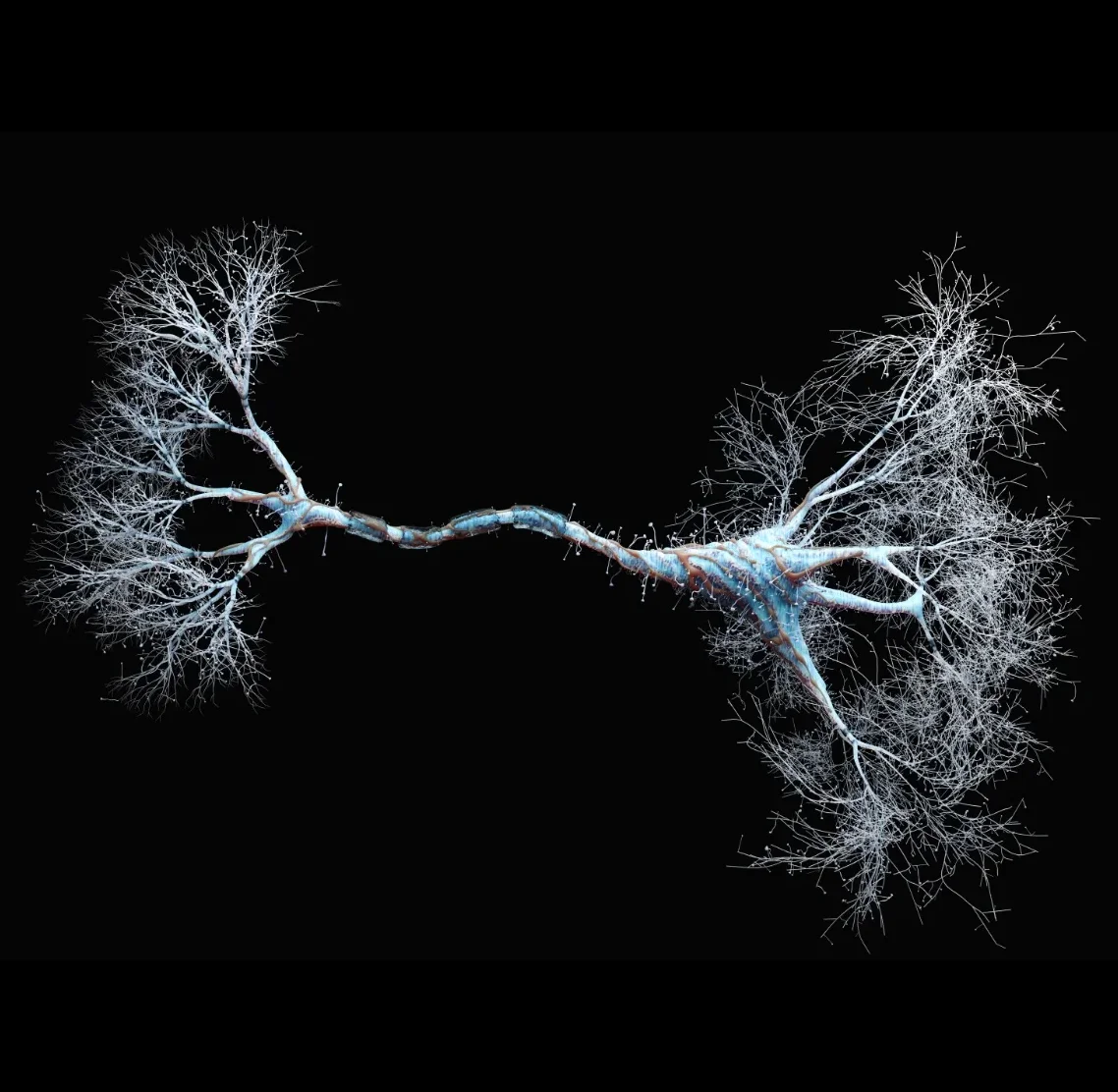
Rehabilitation
Brain injuries affect multiple areas of your body. You may need long-term outpatient care if you suffer from a brain injury. Rehabilitation centers may be able to help you. Rehabilitation centers help you and your team. Your rehab team should strive to get you back to normal functioning as quickly and painlessly as possible.
Medication
You may need medication to improve your quality of life. Blood clots are a possible complication of brain injuries. Your doctor may prescribe blood thinners. Your doctor may recommend that you take prescribed medication permanently or temporarily and wean you off of it after some period of time.
You may need one or more of these options to be a part of your treatment plan. That can get expensive quickly. Trust Utah’s number one personal injury law firm to help get you the money you need to take care of yourself properly. Call Gosdis Law or visit us online today for a free consultation.
HOW WILL MY LAWYER PROVE I HAVE A BRAIN INJURY?
You have a good case if you can prove fault and damages. This applies to all claims, including brain injury claims. Damages must be established. In addition to establishing damages, you will have to establish fault. All the details that you can remember and document will help your attorney make an argument that someone else is the cause of your harm. Try to remember and make note of everything that you can.
Your case will be stronger if you have more facts on your side. It all starts at the point of impact. During this process, you will have to provide evidence, describe your injuries and damages, and tell your story repeatedly to insurance companies and possibly even a jury. Your lawyer needs this information to build your case.
An attorney will conduct your initial consultation. The attorney will consult with your doctors, review your medical records, hire medical experts, speak to accident reconstructionists and witnesses, and check videos and pictures. The attorney may also prepare you for depositions, mediation, or trial. Attorneys use this information to make a case.
You and the other party will engage in discovery as the case proceeds. This is the most important stage of the investigation. Plaintiffs and defendants exchange discovery documents, such as police reports, medical records, corporate communications, witness statements, and other documents related to the event or injury.
Insurance companies often defend brain injury cases by claiming that the client did not in fact injure his or her brain. They do that because many brain injuries, including many concussions, are not supported by objective findings. That means that the client receives a MRI or other scan and does not show a fracture, hematoma, or any other identifiable injury. In these cases, insurance companies contend that clients are making up their injuries or that it is just a minor concussion that will resolve itself.
In those case, we establish brain injuries through before and after witnesses, medical records, examinations, testing, and expert witnesses. Even if there are no objective findings of a brain injury in your case, that does not mean you did not suffer from a brain injury. Gosdis Law has significant experience working brain injury cases without objective findings.
Gosdis Law can help. We have fought for our clients for over twenty years and achieved results. At Gosdis Law, we get results for every client. We are committed to giving your case a complete investigation at Gosdis Law. Since our founding, we have collected millions of dollars for our clients across Salt Lake City and throughout Utah.
WHAT ARE THE TYPICAL DAMAGES IN A BRAIN INJURY CASE?
A brain injury can change your entire life. The damage can take many forms. Personal injury damages fall into broad categories. Listed below are some of the damages that can be recovered by people who have suffered a brain injury. Here is a list of some of the damages you will seek in a personal injury lawsuit.
Economic Damages
Economic damages are monetary damages that are easily quantifiable. They are paid as compensation for the loss incurred by the victim. They are intended to compensate for the loss. The amount recovered will vary from person to person. Examples of economic damages include:
- Lost wages
- Lost earning capacity
- Medical bills
- Pharmacy bills
- Physical therapy costs
- Inpatient or outpatient rehabilitation centers
- Funeral expenses
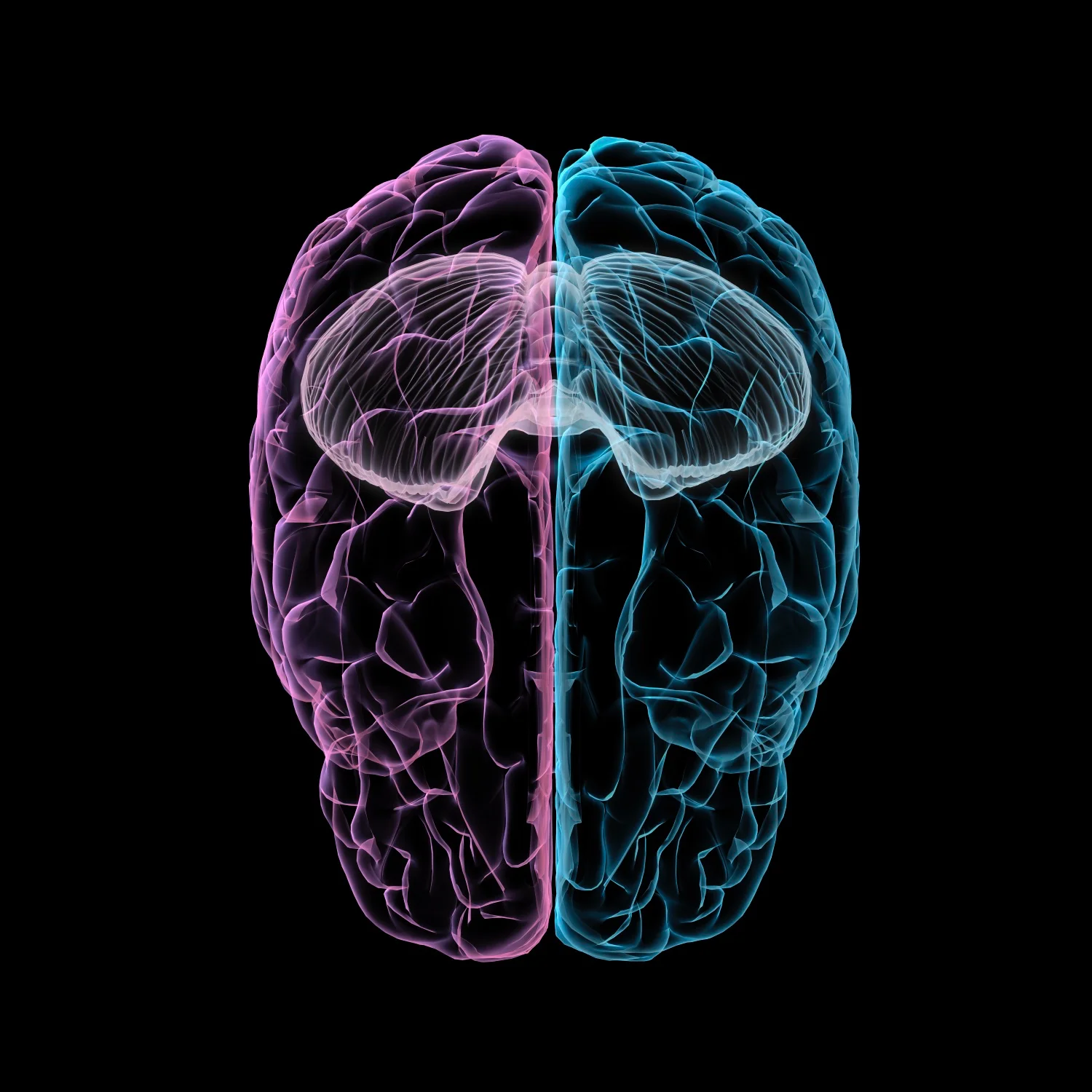
Non-economic Damages
Non-economic damages are not easily quantifiable and are not monetary. Non-economic damages include:
- Loss of consortium. When an injury results in the loss of the relationship between a spouse or another loved one, a loss of consortium claim is made. The unharmed spouse cannot have the same relationship with the injured spouse as before the injury.
- Pain and suffering. When determining the appropriate amount for your pain and suffering, several factors must be considered, including the degree of the other driver’s fault, the seriousness of your injuries and permanent disability, and the length of your recovery period.
- To prove your pain and suffering claim, you will need medical records. To establish a more severe injury to the insurance company or a jury, you might need to provide witness testimony, police reports, medical treatment bills, photos, and therapist notes.
- Emotional distress and trauma
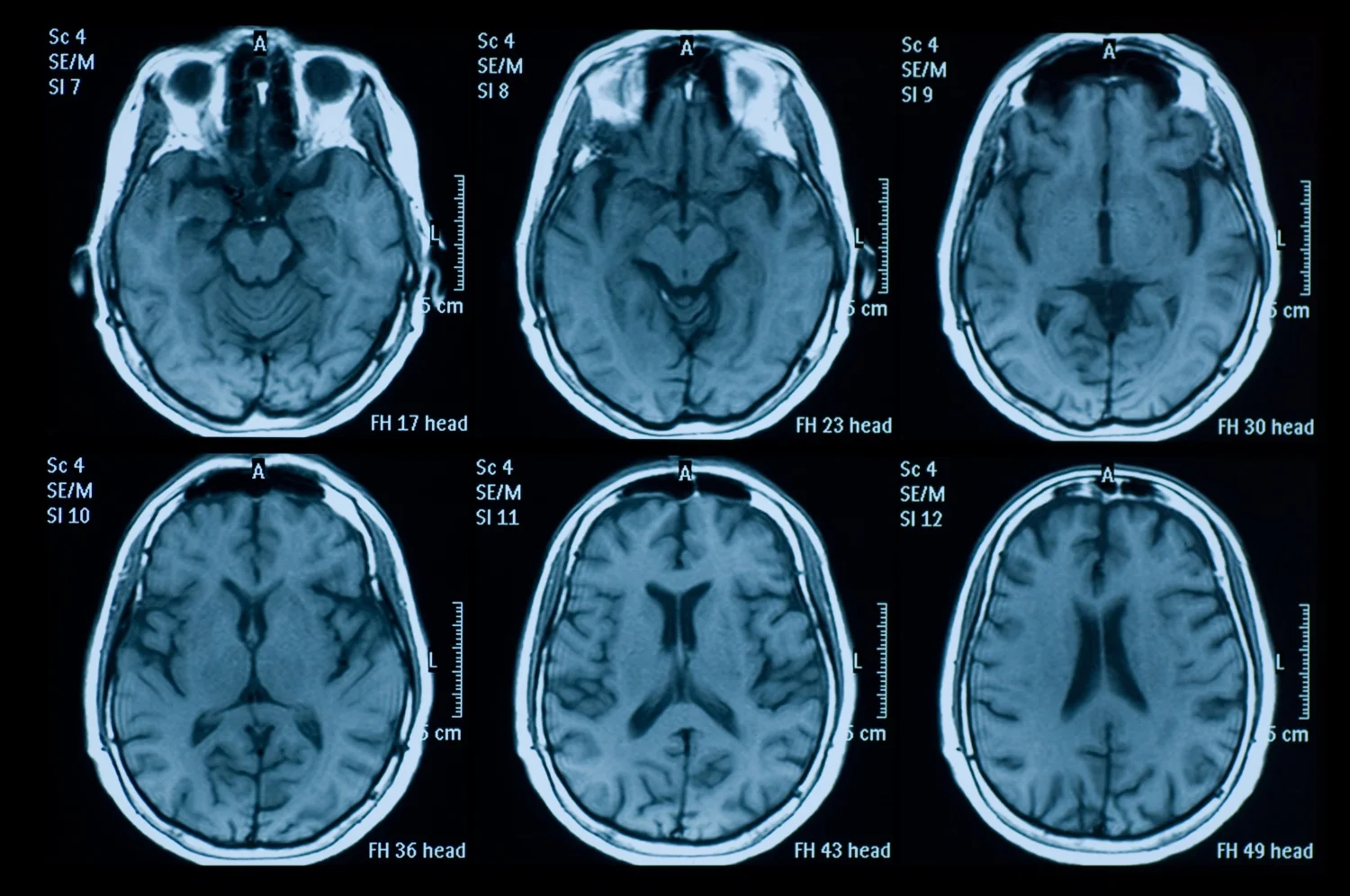
Punitive Damages
The purpose of punitive damages is to punish a defendant and deter them from acting in a particular way. A court may award punitive damages for outrageous conduct. Punitive damages are recoverable along with economic and non-economic damages. They are rare.
Treble Damages
Damages awarded are three times the amount of liability found against the wrongdoer. The statute allows for treble damages. Treble damages are a type of punitive damages. They are intended to deter others from committing the same harm and punish wrongdoers for their egregious conduct. To receive damages in personal injury cases, plaintiffs must prove the defendant sought treble damages in their complaint.
Wrongful Death Damages
Wrongful death damages include:
- Funeral and burial expenses
- Pre-death medical expenses
- Survivors’ emotional distress
- The financial loss of the deceased
- Loss of services and support
- Loss of companionship and support
Damages must be proven. You need a good legal team to help you prove damages. Gosdis Law is the number one personal injury attorney in Murray. Personal injury is all we do.
CONTACT GOSDIS LAW TODAY TO SPEAK WITH A SALT LAKE CITY BRAIN INJURY LAWYER
Gosdis Law is a Salt Lake City brain injury law firm. Every client we work for is important to us, so we make sure that your life is put back together thoroughly and quickly. We have decades of experience recovering damages on behalf of our clients at Gosdis Law. Call or text us today at 385-429-9960 for a free consultation about your brain injury case.
